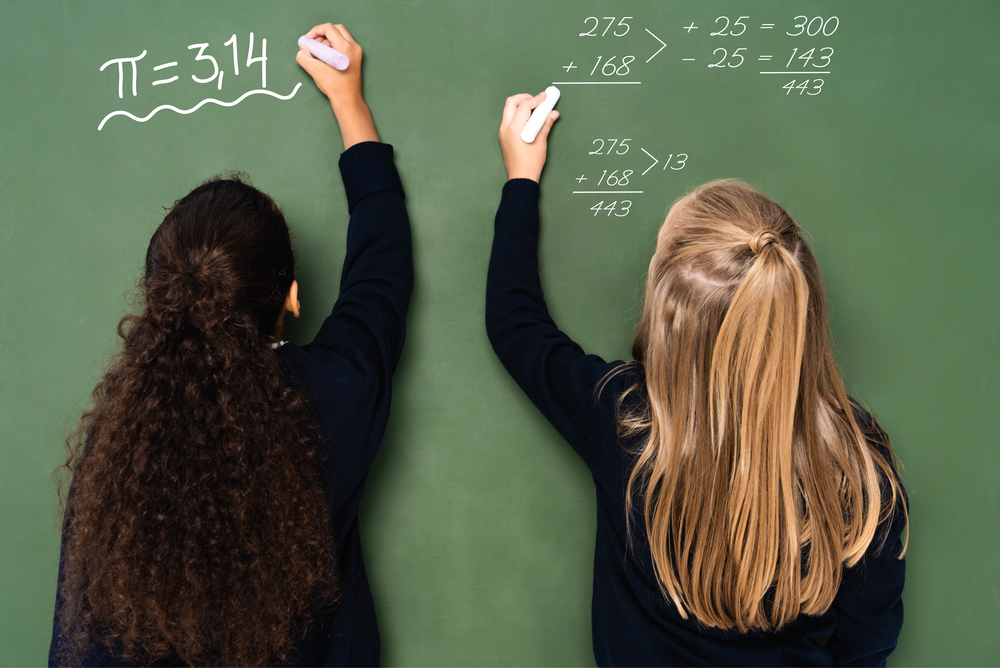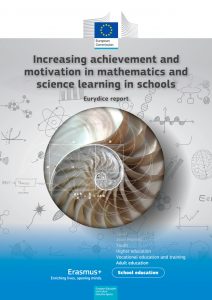indireinforma

Equipping children and young people with the necessary mathematical and scientific knowledge is a fundamental task of education, especially in a society increasingly based on technology. In the fast-changing world we live in, mastering maths and science can help the younger generation meet the challenges we face – including climate change, global warming, and the spread of misinformation and fake news.
However, despite the emphasis given to numerical and scientific literacy in the European Education Area, international surveys tell us that the percentage of pupils who do not reach the basic levels in these disciplines remains far above the maximum level set at 15% (in Italy the percentage among 15-year-olds is 23.8% in mathematics and 29.5% in science).
Which education systems have the highest percentages in terms of students with (at least) basic skills in these disciplines? And which policies affect students’ achievements?
The Eurydice Network study “Increasing achievement and motivation in mathematics and science learning in schools” seeks to answer these questions, by examining how mathematics and science teaching is organized in Europe and analysing the criteria for evaluating the results obtained by students and the support strategies put in place if there are difficulties in learning. The publication offers an in-depth look at what education authorities in European countries can do to strengthen student motivation, higher the results level and help those left behind, particularly in mathematics and science.
This study brings together qualitative information provided by the Eurydice Network and data from two international surveys: the 2019 Trends in International Mathematics and Science Study (TIMSS), managed by the International Association for the Evaluation of Educational Achievement (IEA), and the 2018 Programme for International Student Assessment (PISA) survey carried out by the OECD. The data and information concern the fourth and eighth grades of the education system, corresponding to the fourth grade of primary school and the third grade of lower secondary school of the Italian education system.
Main findings:
- The most common way of supporting students with learning difficulties is single or small group support, made available during or outside school hours. The education systems that provide this support during school hours tend to have lower percentages of students with poor results in mathematics and science.
- Education systems in which teachers who specialize in supporting low-achieving students (so-called “remedial teachers”) are involved in providing educational support have a lower average percentage of students with low achievement in mathematics than countries without these support figures. In Italy this specific figure does not exist, and the support activity is carried out by the class teacher.
- In all countries, teachers tend to report that they teach mathematics and science by relating them to everyday life: from connecting mathematics and finance, architecture or do-it-yourself, to relating sciences to social and ethical issues (in many countries the most complex connections are addressed in upper secondary education). All curricula include topics such as nature protection or pollution reduction; however, only half of the European education systems include environmental sustainability as a key educational principle.
- There is a shortage of specialised teachers in mathematics and science and a strong need for continuing professional development in these fields. On this last point, even the Italian teachers – the TIMMS figure refers to teachers in the fourth grade of primary school – expressed their opinion, highlighting the need for future continuing education.
- Despite the large impact of the pandemic on the learning experience of students, only half of the education systems, including Italy, have implemented additional learning support measures.
Read the study “Increasing achievement and motivation in mathematics and science learning in schools” >>
What is Eurydice?
Eurydice is the European network that collects, updates, analyses and disseminates information on the policies, structure and organization of European education systems. Established in 1980 on the initiative of the European Commission, the network is made up of a European unit based in Brussels and various national units. Since 1985, Indire has been the seat of the Italian national unit.
Other useful links:
- Eurydice website – Italian national unity
- Eurydice site – European Central Unit
- All publications of the network


